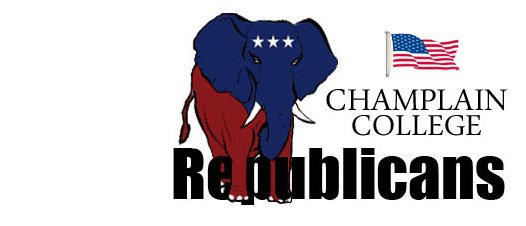By Governor Jim Douglas
Our state can be the “Silicon Valley” of environmental commerce, benefiting from a steadily increasing demand for fuel efficiency and environmental services, and creating more and better paying jobs. It’s a perfect market for Vermont. We reject the notion that jobs come at the expense of the environment, and that environmental protection must be compromised in order to have economic progress.
Vermont has shown that there is an alternative to the superficial conflict between those who seek economic growth and job creation and those who seek environmental preservation. This third way — the Vermont Way — recognizes that our economy and environment are co-dependent. One cannot thrive without the other.
We need both a growing economy and healthy environment, for example, to retain and recruit the next generation of skilled employees whose work ethics and sharp minds attract companies that expand and innovate. And by making smart, targeted investments in job creation and our natural environment — and by making health care, home ownership and the tax burden more affordable — our families will prosper.
That’s why I was proud to sign into law last week the Energy Efficiency and Affordability Act of 2008, establishing an efficiency program and making other investments in an affordable, sustainable energy future. This legislation encourages economic growth and helps homeowners and businesses save money by reducing fuel consumption.
The new fuel-efficiency program will coordinate expertise, technical assistance, and resources to help Vermonters make their homes and businesses more energy efficient — using both grants and loans to help reduce the initial expense of these improvements — and encourage job creation in the private fuel-efficiency market. Based on the most current research, homes and businesses that take full advantage of the program could see nearly a 3 to 1 return on investment.
The legislation also continues to support the use of renewable energy in Vermont through an increased use of net-metering, changes to farm energy programs and the use of biodiesel in state buildings and vehicle fleet.
It was important to me that these efforts not increase the tax burden. That is why $1.6 million of funding for the program will come from existing revenues. Another $2.4 million in funding will come from Vermont’s participation in the Regional Greenhouse Gas Initiative (RGGI).
This spring, the Department of Public Service will convene a series of workshops to develop a Request for Proposal (RFP) on how to best to create the new fuel-efficiency program. The RFP will be ready this fall, and the program should be operational in 2009.
This legislation is a significant investment in building a stronger, more innovative economy. It’s an important indication that Vermont has become a leader in the rapidly expanding global market for environmental products, services and solutions. And it’s a valuable reminder of what can be accomplished in Montpelier when progress prevails over partisanship.
Subscribe to:
Post Comments (Atom)



No comments:
Post a Comment